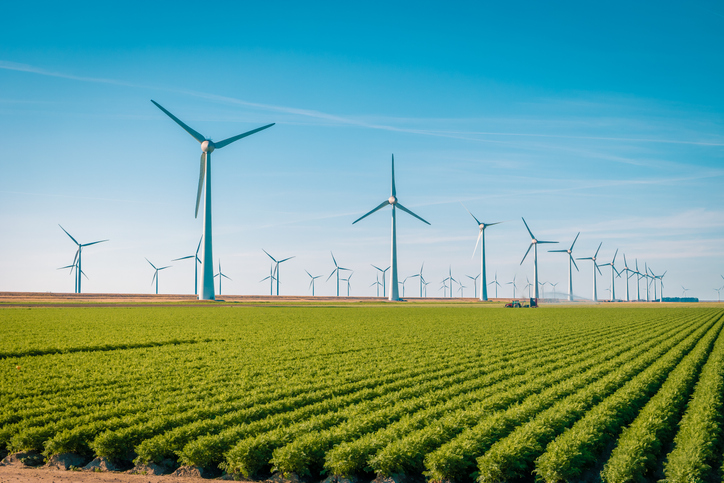The European Commission is proposing to increase the levels of state aid that would not only enable Europe to compete with the United States as a manufacturing hub for electric vehicles and other green products but would also reduce dependence on China.
As part of the plan, a repurposing of existing EU funds, faster approval of green projects and drives to boost skills and to seal trade agreements to secure supplies of critical raw materials, European Commission chief Ursula von der Leyen announced on Wednesday.
This new move by the commission is partly a response to multi-billion-dollar support programmes of China and the United States, including the latter’s Inflation Reduction Act which was signed into law year by President Joe Biden.
“Major economies are rightly stepping up investment in net zero industries. What we are looking at is that we have a global playing field,” von der Leyen was reported to have said at a news conference.
Read also: Activist group accuses Shell of misleading investors on renewables
Many EU leaders are concerned that the local content requirements of the $369 billion of green subsidies in the U.S. legislation will encourage companies to relocate, thereby making the United States, instead of Europe, a leader in green tech.
The International Energy Agency estimates the global market for mass-produced clean energy will triple to around $650 billion a year by 2030, with related manufacturing jobs more than doubling and the European Union doesn’t want to miss out on this opportunity to rival the US and China for the gains.
“We know that in the next years, the shape of the economy, the net-zero economy, and where it is located will be decided. And we want to be an important part of this net-zero industry that we need globally,” von der Leyen said.
She proposed loosening state aid rules for investments in renewable energy or decarbonising industry, on a temporary basis, until the end of 2025, while recognising that not all EU countries will be able to offer subsidies to the same extent as France or Germany.
To try and ensure a level playing field within the EU as well, von der Leyen said member states could, for example, draw on about 250 billion euros ($272.3 billion), much of it remaining from the EU’s post-pandemic recovery fund.
RESISTANCE
However, the proposal has not gained the express approval of member states which have divided opinions about it.
German Economy Minister, Robert Habeck has expressed his support for the proposals, but some EU members have previously expressed opposition to parts of the plan, notably the loosening of state aid rules and the prospect that bigger countries such as France and Germany would be able to outspend others.
The European Commission is hoping member states will back its plan at a Feb.9-10 summit where the proposal will be met with a hot debate.
Story was adapted from Reuters.
